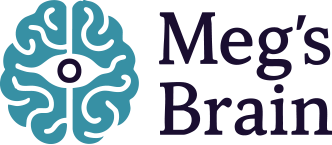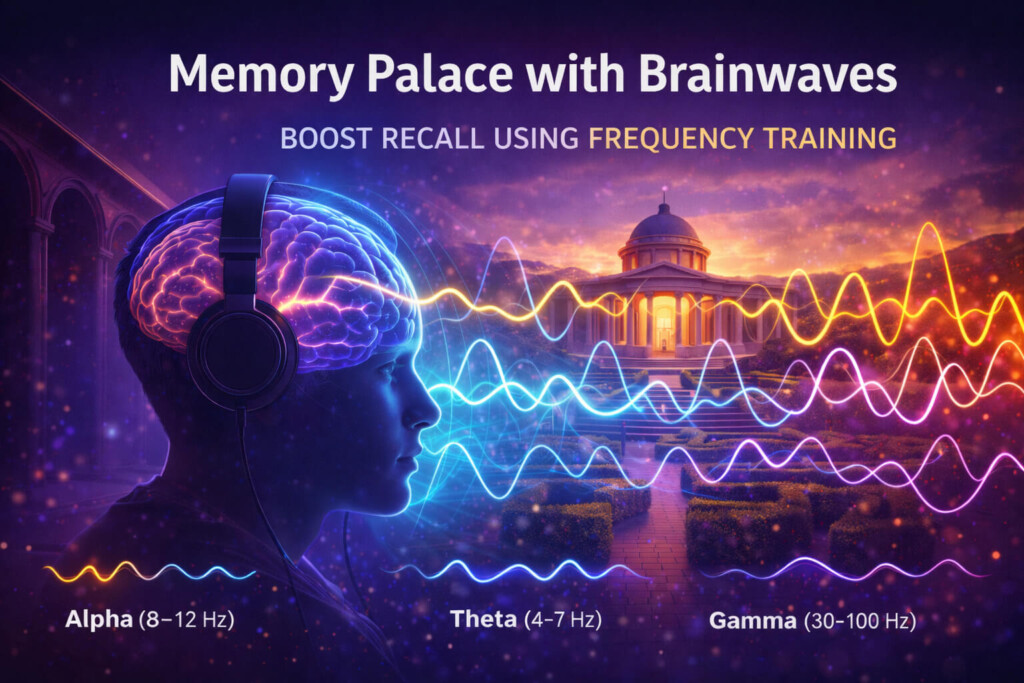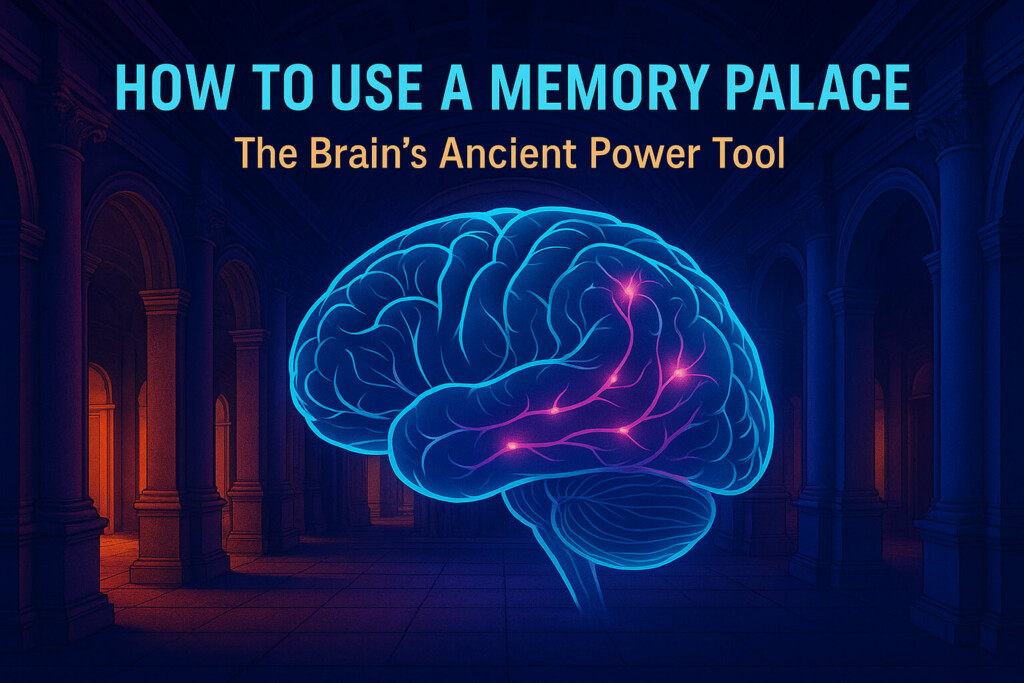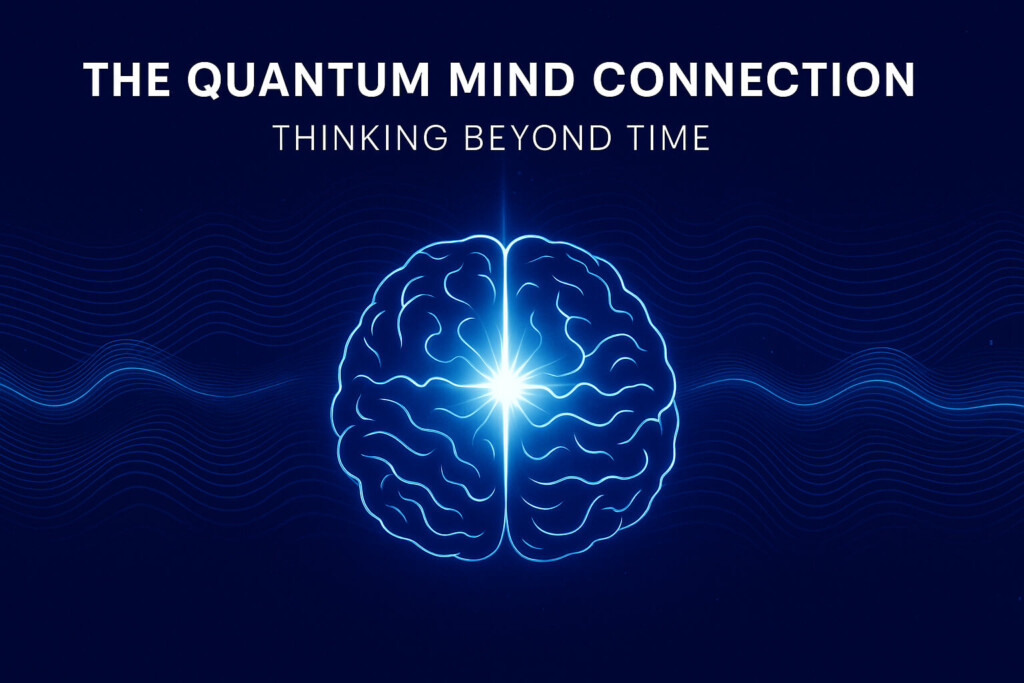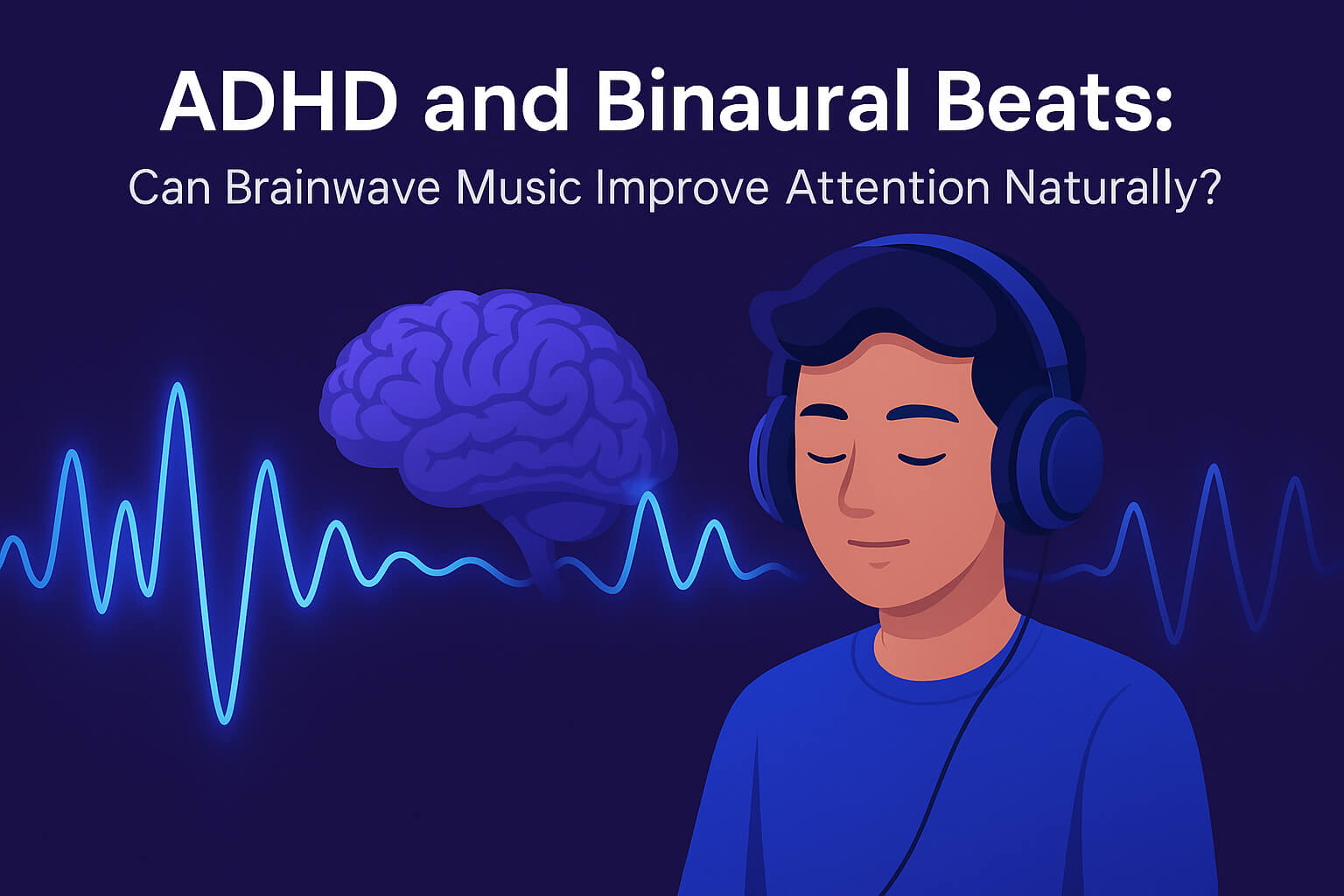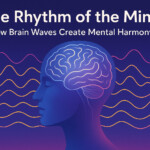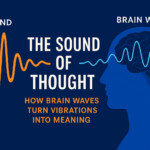Now Reading: How to Use the Memory Palace Technique to Remember Anything
- 01
How to Use the Memory Palace Technique to Remember Anything
How to Use the Memory Palace Technique to Remember Anything
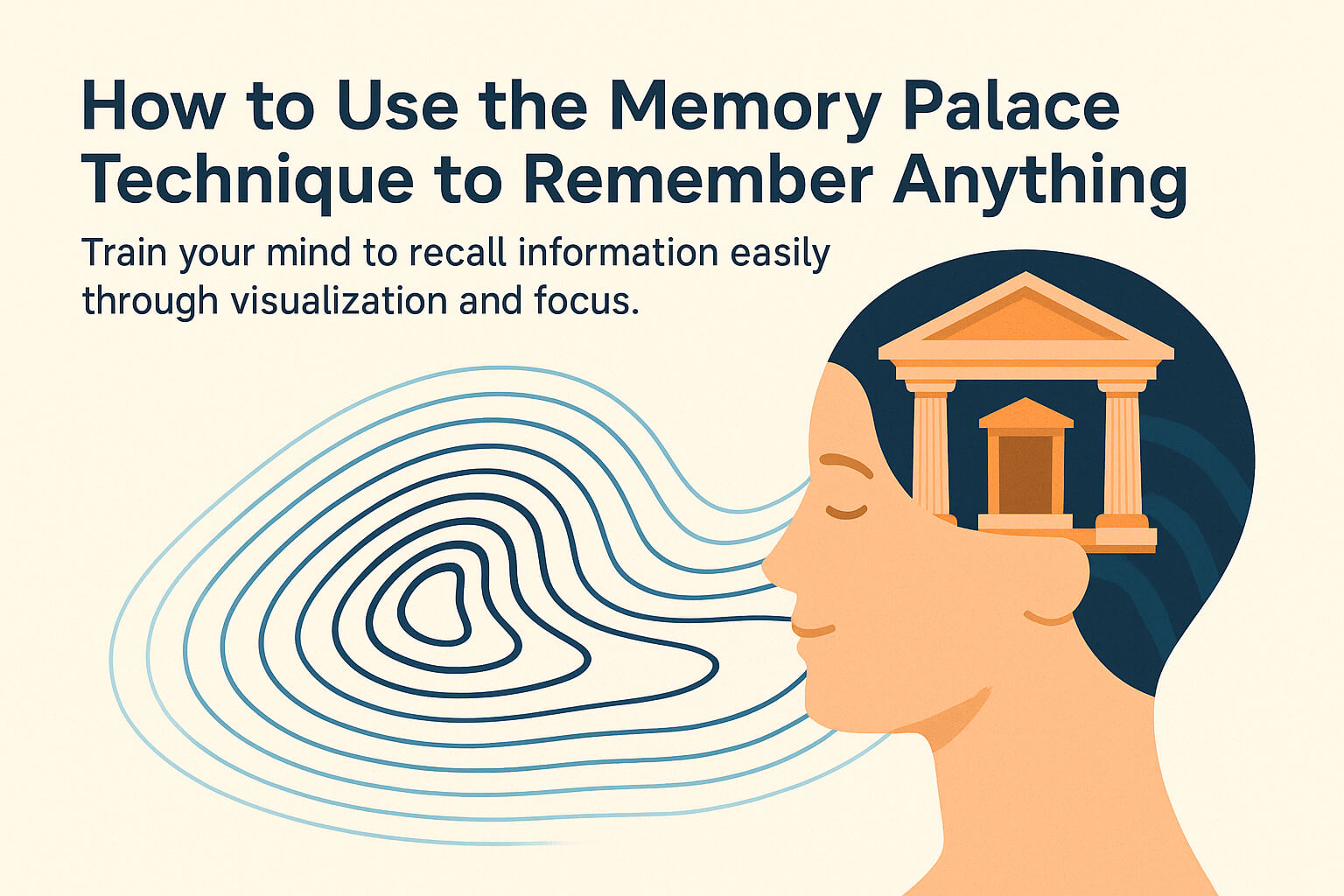
Introduction
Your brain remembers images better than words — that’s the secret behind the ancient Memory Palace technique.
Used by Greek philosophers, monks, and modern memory champions, it helps you store vast information by connecting memories with familiar places.
When your brain links visuals and space, your recall becomes natural and automatic.
👉 Many people combine this practice with the Genius Wave focus method — a sound-based routine that strengthens neural connections while building your mental palace faster.
Let’s explore how this fascinating method turns your mind into a limitless archive of memories.
Step 1: Understand How the Memory Palace Works
The Memory Palace, also known as the Method of Loci, relies on spatial memory — your brain’s ability to remember places vividly.
You imagine a familiar location (like your home), assign each object or corner a “memory marker,” and walk through it mentally to recall stored details later.
This technique transforms abstract information into spatial experiences, making learning effortless.
For example, to memorize a speech, assign each point to a room or doorway in your imagined palace.
Step 2: Choose a Familiar Place
Your Memory Palace should feel real — a home, office, school, or even a street you walk daily.
Start simple. The more familiar the environment, the easier your brain connects new data to it.
Walk through that space in your imagination.
Visualize every object, wall color, and sound.
These sensory details activate multiple brain regions, improving memory consolidation.
Transition words like next, then, afterward will help when mentally walking between locations — guiding your recall flow naturally.
Step 3: Create Visual Associations
To remember abstract data, create exaggerated or emotional images.
For example, if you need to recall the word “motivation,” imagine a glowing engine in your living room.
If it’s “peace,” visualize calm waves covering your couch.
Your brain doesn’t store logic; it stores emotion and imagery.
That’s why dramatic visual cues stick so well.
Step 4: Walk Through Your Palace Regularly
Like muscles, memory strengthens through repetition.
Walk through your palace daily, reviewing each mental “room.”
Each repetition reinforces synaptic connections, turning short-term data into long-term memory.
This process not only boosts recall but also enhances creativity and focus.
It’s like training your brain to think in 3D — where imagination becomes an organizational tool.
Step 5: Expand and Combine
Once comfortable, build multiple Memory Palaces for different subjects.
For example:
One palace for business terms
One for names and faces
One for creative ideas or goals
As your brain adapts, you’ll find connections forming automatically between palaces — your very own internal knowledge network.
Benefits of the Memory Palace Technique
Boosts long-term retention by transforming data into sensory imagery
Increases focus through spatial awareness
Reduces cognitive load by organizing thoughts visually
Improves creativity by linking unrelated ideas across rooms
This method trains both the logical and imaginative sides of the brain — a rare combination that unlocks your full potential.
Conclusion
The Memory Palace technique is a timeless mental skill that anyone can master.
By combining visualization, emotion, and repetition, you can retain knowledge faster than ever.
Your mind already has the architecture for limitless memory. It just needs the right blueprint.
👉 Related read: Binaural Beats for Lucid Dreaming: Use Sound to Control Your Dreams for more insights on brainwave focus and mental clarity.
